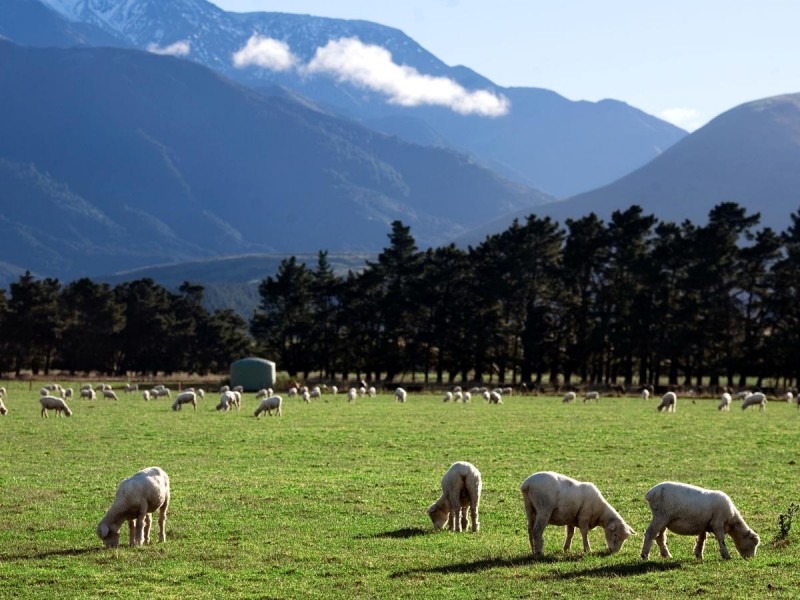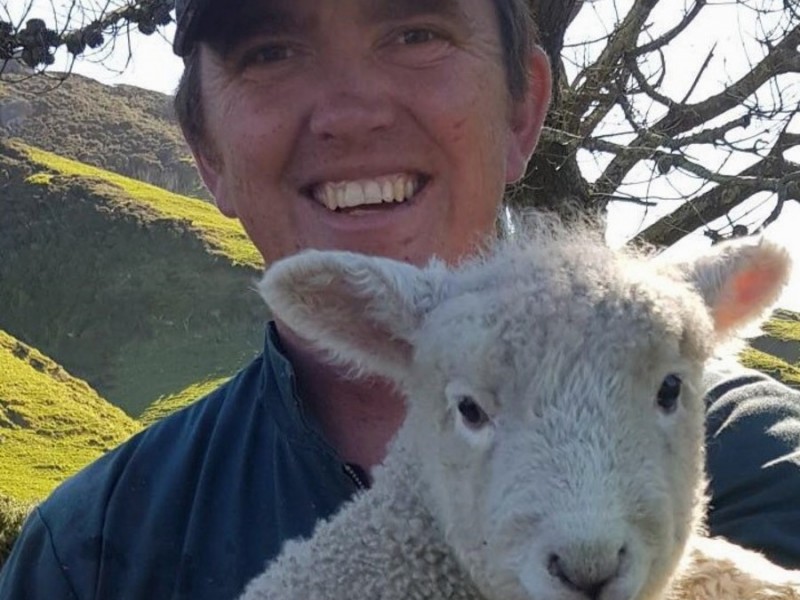Gerard Vaughan manager at Farmstrong, a nationwide well-being program for farmers, says the stigma around farmers needing to be tough has caused many to ignore signs of depression and wait years before doing anything about their mental health. For most farmers what is going to affect their daily work life is hard to predict and out of their control.
Vaughan says " They are mentally and physically busy all the time, constantly worried about what is happening on the farm the next day and over a while that will take a toll on their mental health".
A new research study done by Farmstrong found that farmers under 35 want to invest more in their wellbeing.
Workload, fatigue, relationships, sleep, and time off-farm, are some of the main wellbeing challenges facing younger farmers today. The study found that 64% of younger farming men and 77% of women reported that at least one wellbeing issue had a large impact on their life.
“They are the future of farming and despite the ups and downs of the industry, there is so much they enjoy about it. Knowing that 84% of women and 74% of men are saying they want to invest in ways to improve their wellbeing is really pleasing” says Vaughan.
Farmstrong and other health organisations want to be able to normalise the conversation around rural mental health.
Farmers are an important asset on the farm, for them to be able to develop small but regular habits that invest in their wellbeing means they will have plenty to draw on during challenging times says Vaughan.



